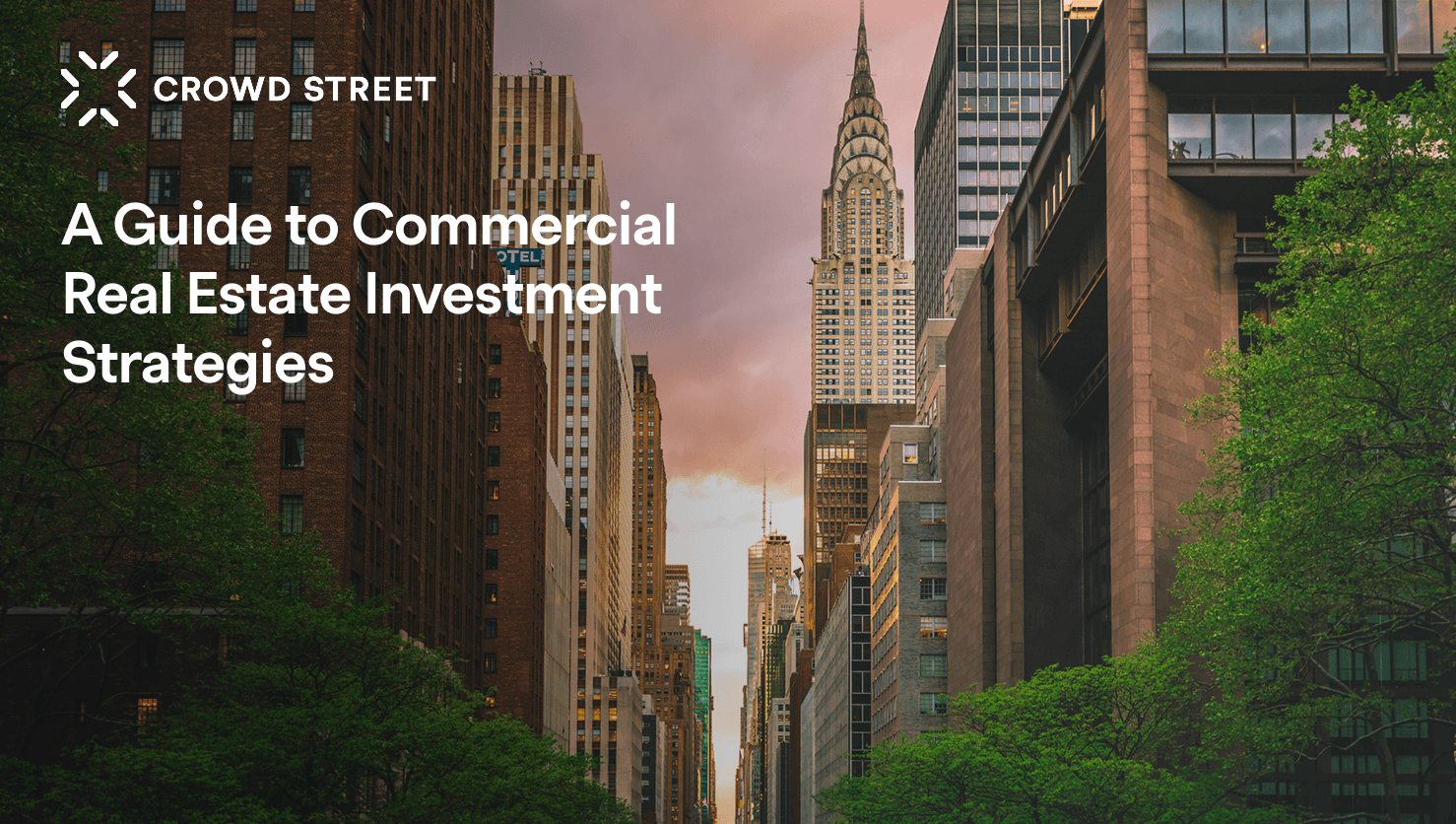Distressed debt in a commercial real estate context generally refers to a situation where a property owner is unable to keep up with mortgage payments and the property is in danger of or already in foreclosure. This situation could arise due to factors such as falling property values, declining rental income, or economic downturns that affect the borrower's ability to repay the loan.^1^
Investors in distressed debt aim to purchase these troubled loans or properties at a significant discount, with the goal of a favorable outcome.^2^ There are several ways they might do this:
Debt Restructuring: Investors might negotiate with the lender to restructure the loan's terms, such as extending the loan's term, reducing the interest rate, or converting a portion of the debt into equity.^1^
Loan-to-Own Strategy: In a loan-to-own strategy, the investor purchases the distressed or non-performing debt from the lender with the intent of eventually taking ownership of the property. If the borrower defaults on the loan, the investor can foreclose on the property and sell it or reposition it.^1^
Reselling: If the real estate market recovers and/or expectations for loan performance improve, the value of the distressed debt could rise, allowing the investor to exit the asset potentially in a favorable position.^2^
Bankruptcy Proceedings: In some cases, the debtor might declare bankruptcy. As a debt holder, the distressed debt investor would have a claim on the debtor's assets and might end up with ownership of the property.
Investing in distressed debt can potentially offer favorable outcomes, but it also carries significant risks, such as the possibility that the property's value might continue to fall, or that legal proceedings related to foreclosure or bankruptcy could be lengthy and costly. Such investment typically requires significant experience in both real estate and debt markets.^2^
{{Market volatility or lack of liquidity could impair an investment's profitability or result in losses. Factors such as high vacancy, oversupply of the product in the market, increase in interest rates for borrowing loans, bad credit quality of tenants occupying the property, general economic risks such as interest rates, availability of credit, inflation rates, economic uncertainty, changes in laws and general overall deterioration of the market in which the asset sits, all of which could lead to financial difficulties and impact net operating income and can depreciate the value of the property. These factors, in addition to others including increases in the costs in excess of the budgeted costs, the burdens of ownership of real property, environmental liabilities, contingent liabilities on disposition of assets acts of God, pandemics and other national, regional or local emergency conditions, terrorist attacks, and war may affect the level and volatility of asset prices and the liquidity of investment assets.}}
{{This article was written by an employee(s) of Crowd Street and the contents of this publication are for informational purposes only. Neither this publication nor the financial professionals who authored it are rendering financial, legal, tax or other professional advice or opinions on specific facts or matters, nor does the distribution of this publication to any person constitute an offer, recommendation, or solicitation to buy or sell any security or investment product issued by Crowd Street or otherwise. The views and statements expressed are based upon the opinions of Crowd Street. All information is from sources believed to be reliable. This article is not intended to be relied upon as advice to investors or potential investors and does not take into account the investment objectives, financial situation or needs of any investor. All investing involves risk, including the possible loss of money you invest, and past performance does not guarantee future performance or success. All investors should consider such factors in consultation with a professional advisor of their choosing when deciding if an investment is appropriate. Crowd Street assumes no liability in connection with the use of this publication.}}




